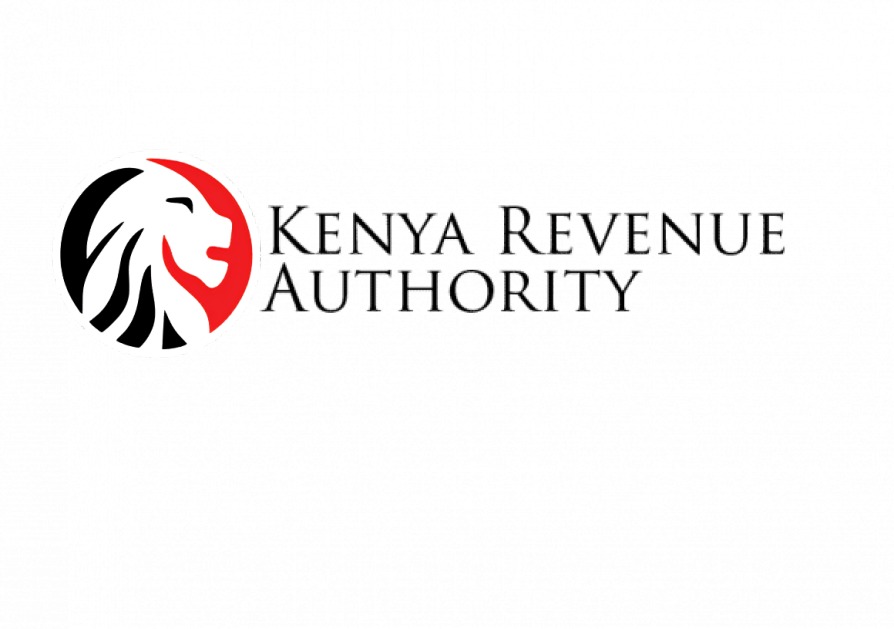The KRA(KENYA REVENUE AUTHORITY) has announced a groundbreaking change set to take effect in January 2026, transforming how employed Kenyans file their tax returns. For the first time, salaried workers will no longer need to manually fill in their P9 forms or navigate tedious data entry on iTax. Instead, the process will be fully automated, requiring only a national ID number to access income and tax details directly from integrated government systems. This marks the end of years of manual filing challenges that often-caused delays, errors, and unnecessary penalties.
This shift will be especially beneficial to low-income earners making KES 24,000 or less per month, as their nil returns will be filed automatically, eliminating unnecessary paperwork. Salary-only employees will also enjoy immense time savings since the system already contains all relevant tax details, including gross pay and PAYE deductions. By reducing complexity, the reform will not only increase efficiency but also improve compliance, ensuring that taxpayers can meet their obligations with ease and accuracy.
KRA Commissioner General Humphrey Wattanga explained that this transition has been made possible by integrating KRA’s systems with other government databases such as the Business Registration Service and Citizen Registration Services. This interconnectivity creates a complete and accurate tax profile while aligning Kenya with international standards set by the OECD. Such integration also enhances Kenya’s ability to participate in global information-sharing frameworks, reinforcing transparency and modern governance in tax administration.
The changes come after significant challenges during the 2024 filing season, when KRA had to extend deadlines and waive penalties due to system strain. The new automation seeks to prevent such issues by reducing bottlenecks and ensuring smoother operations. Additionally, taxpayers can now log in to iTax using either their KRA PIN or national ID, making access even more convenient. Collectively, these reforms reflect Kenya’s commitment to leveraging technology to simplify taxation, promote compliance, and strengthen trust between citizens and the tax authority.
Kenya to End Manual Tax Return Filing to 2026





